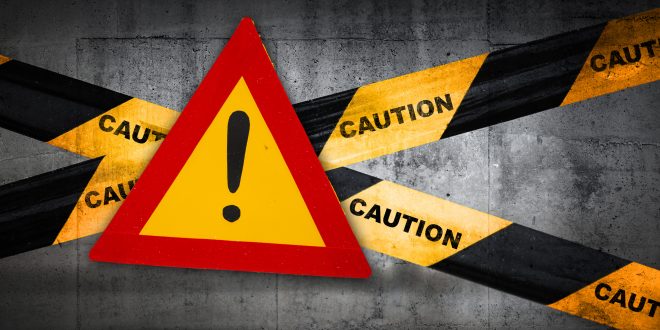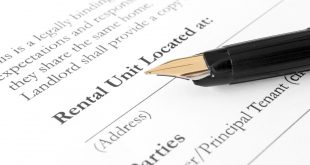Anyone who purchases a condo needs to be aware of the fact that they are purchasing a part of the building as well as the actual condo unit. It is important for every condo owner to gather information about the finances of the condo corporation plus the construction standards that were used during the building process.
All condo buyers should ask for a condo status certificate, so that their lawyer can review the information before the final contracts are signed.
While many first time condo buyers may think that status certificates are only a one-page document, this is not the case. Status certificates are a package of legal and financial documents that state how the condo building is run and if the company managing the building is being fiscally responsible. A few of the items listed in a status certificate are the reserve fund statement, the reserve fund study, the condo bylaws and any insurance information.
There are 5 things that condo purchasers and lawyers need to look for in a status certificate and they need to be checked carefully in order to see if they raise a red flag.
- Is the Status Certificate up to date and complete?
Every time a status certificate is given to a prospective buyer, it needs to be completed in full and it must use accurate and updated information. Without complete and up to date information, a lawyer will not be able to say whether the building is a good investment. There are times when the condo board will attempt to withhold information, whether on purpose or because they are in a hurry to get the information out and this could be considered a red flag.
According to the Ontario Condo Act, all of the reserve fund balances used in the status certificates should be within 90 days and the reserve fund studies should be done every three years. Unfortunately, not all condo boards follow these rules and they submit older status certificates.
Any information that is missing or inaccurate from a status certificate can mean that the condo buyer may be responsible for extra fees or assessments after they have moved into the condo.
- Do the unit numbers and levels match?
While this information may seem very basic and insignificant, it is still important to make sure that all of the information is correct on every document. Most of the time the information is correct on the status certificate and it was listed wrong on the MLS listing.
The incorrect information could have been entered wrong or there may be confusion as to how the numbering works in the entire building.
If the number on the condo door states “2403”, it could mean two things. The unit could be number 3 on the 24th floor or it could be unit 24 on the 3rd floor.
- Are the maintenance fees the same as they were on the listing?
There are times when maintenance fees change while a condo is in the process of being listed. The fees may have been correct when the information was first entered into the listing information, but then the fees increased and the information was never updated.
This information should be given to the buyer as soon as it is noticed instead of being seen in the status certificate. A large enough increase in the fees may cause some people to rethink purchasing the condo and that is a good reason to not sign the final contract.
- Is the Condo Corporation financially stable? Are there any future special assessments needed?
One of the largest red flags is when there are increasing costs for repairs and there is either no plans on how to pay for them or the repairs will increase maintenance fees.
While the amount in the reserve fund balance is important, it is not as important as the reserve fund study. The reserve fund study is where buyers can find all of the projected repairs and maintenance as well as the costs for the next 30 years.
If a building does not have enough money in reserve to pay for repairs and maintenance, it is a good idea to not sign the final contract. However, it should be noted that even buildings with a high reserve fund may not be managed properly. The condo boards of these buildings may save a lot of the money instead of doing necessary repairs and maintenance.
Some times when major repairs are necessary, the condo owners are charged a special assessment fee. If there are any special assessments that are pending, buyers should be prepared to pay out tens of thousands of dollars in the future. Many buyers should rethink their purchase of the condo if special assessments are pending and only continue with the purchase if they believe that they can afford the extra money if necessary.
A person that is purchasing a condo can prepare for the special assessments by increasing the amount of their mortgage loan, so that they have the money set aside if they need it for the special assessment. This will affect the monthly mortgage payments and it should be approved with the lender before signing the final condo contract for purchase.
Another red flag on a special assessment is if there is a plan in place but the building owners have not approved it yet. Lenders will not want to approve money for a mortgage on a building that may be financially unstable.
- Are there any lawsuits against the Condo Corporation?
Lawsuits are quite common with condo corporations. Lawsuits can become costly over time and those costs are usually paid for with the reserve fund. The Ontario Condo Act allows condo boards to pay for all of their legal fees for any lawsuit that is for compliance. The owners in the building are responsible for replenishing the reserve fund if it gets too low and a special assessment will be done.
It is a good idea to know why the condo corporation is involved in any lawsuit, in case it is something that will make the buyer decide to not sign the final contract for the condo.
Any condo buyer who has an excellent team in place will not have to worry about missing any of the red flags in a status certificate. Certain red flags are definite deal breakers, while others will only be a concern for some buyers. A condo buyer’s lawyer should review all of the red flags and let the buyer determine if the red flags are a concern.
 StoryLine By CondoNow
StoryLine By CondoNow




